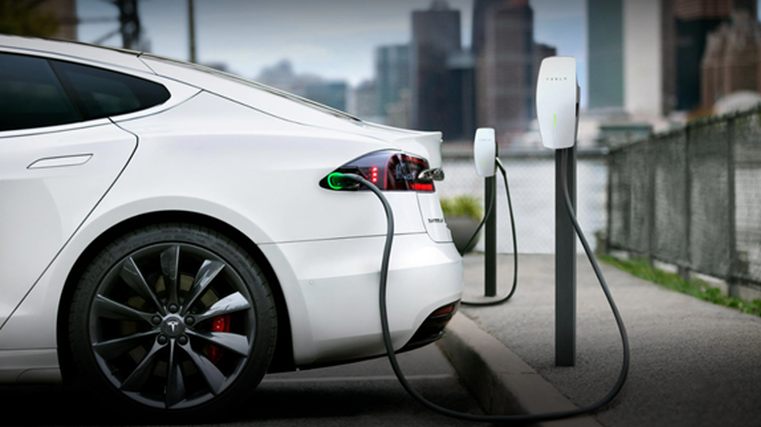Cars with plugs to cop road user charges

The government has confirmed light battery electric vehicles (BEVs) and plug-in hybrids (PHEVs) will lose their exemption from road user charges (RUC) on April 1.
The move is predicted to cost the owners of zero-emissions cars nearly $1,000 per year, based on the average motorist driving 12,000km annually, and PHEV drivers face forking out more than $600.
Owners of BEVs will be charged $76 per 1,000km, which is the same rate applied to equivalent diesel-powered vehicles.
The charge for PHEVs will be a reduced rate of $53 per 1,000km so drivers are not double taxed when paying fuel excise duty. The government says the lower RUC assumes that a PHEV will, on average, consume petrol at a rate of just under three litres per 100km.
When pre-purchasing RUC in blocks of 1,000km or more there will also be an administration fee of $12.44 if it is done online or $13.71 if at an agent.
Simeon Brown, Minister of Transport, announced the changes to the system on January 16 and says it is the first step in delivering on the National-Act coalition commitment to bring all vehicles into the RUC system.
“This transition to RUC is about fairness and equity. It will ensure that all road users are contributing to the upkeep and maintenance of our roads, irrespective of the type of vehicle they choose to drive,” he explains.
“The previous National government exempted EVs from paying RUC to encourage their uptake. This exemption was always intended to end when EVs hit around two per cent of the light vehicle fleet and we’re now at that point.
"With the increasing uptake of EVs and plug-in hybrids being brought into the RUC system, this means that these vehicles will now be contributing towards the maintenance and upkeep of our roading system like all other road users and will support the government’s priority of building and maintaining our roading network.”
Brown notes that while owners of light BEVs and PHEVs will need to buy a RUC licence from April 1, there will be a two-month transition period to allow time for people to get registered in the system without being penalised for unpaid charges.
The Motor Industry Association (MIA) supports the end of RUC exemptions for EVs, which the previous Labour government had also signalled would end on March 31 this year had it remained in power.
Aimee Wiley, MIA’s chief executive, says EV owners have had a free ride and it’s time for them to pay their fair share, reports the NZ Herald.
She also describes the reduced rate for PHEVs as an “equitable outcome”.
The government says legislation will be passed before the start of April to enable the lower charges for PHEVs.
The NZ Transport Agency will also be informing owners of BEVs and PHEVs by letter about the transition to RUC and what it will mean for them.
When an EV owner first buys an RUC licence they will need to provide their odometer reading and whenever a warrant of fitness is undertaken, a vehicle’s odometer will be reviewed. If the odometer exceeds the RUC purchased by the vehicle’s owner, they will be invoiced for any difference.





